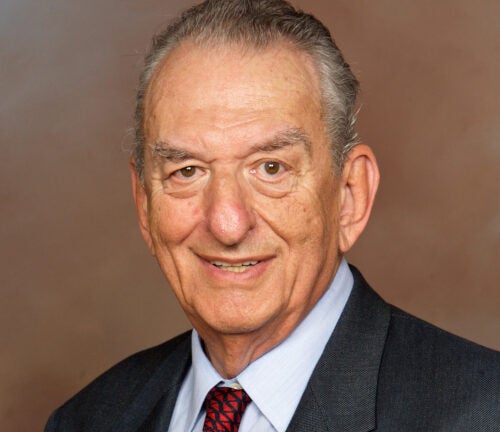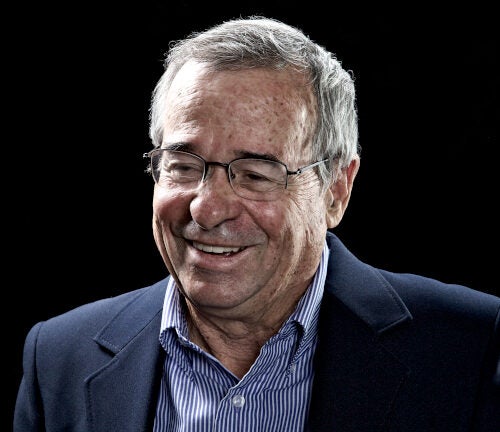The Department
The Department of Chemistry at the University of Southern California is located at the University Park Campus in the historical Figueroa Corridor of downtown Los Angeles. Our department has a vibrant community of over 30 faculty members active in research, serving approximately 250 undergraduates, 175 graduate students, and 50 postdoctoral associates. The work of USC labs demonstrates strength in each of the traditional areas of chemistry: organic and inorganic chemistry, chemical biology, experimental physical chemistry, and theoretical chemistry. Our mission is to train chemists at both the undergraduate and graduate level and prepare them for rewarding careers.
Our Students
For undergraduate students, the Department offers a unique collection of chemistry majors, including traditional chemistry, chemical research, biochemistry, chemical biology, and chemical nanoscience, which enables students to tailor their educational experience towards their specific interests and career goals. Both undergraduate and graduate students have the opportunity to perform cutting edge research in a variety of areas, such as organic synthesis, reaction catalysis, mechanistic chemistry, biochemistry and biophysics, materials chemistry, theoretical chemistry and reaction dynamics, and ultra-fast spectroscopy.
The “Central Science” at USC
The Department of Chemistry also recognizes the key role chemistry plays as the “central science” in other disciplines, and so the research at USC is highly interdisciplinary. The Department collaborates with many other departments at the university, including Molecular and Computational Biology, Physics, Chemical Engineering, and Pharmaceutical Sciences. Through joint appointments and broad collaborations, the Department has established itself as a fulcrum for research in chemical and structural biology, drug discovery, energy research, materials science, chemical physics, and theoretical modeling of biological systems. Information about faculty research can be found on the faculty pages and individual profiles.
Nobel Laureates
The Department is proud to have fostered two “home-grown” Nobel Laureates, the late George A. Olah (Nobel Prize 1994) and Arieh Warshel (Nobel Prize 2013).

George A. Olah
